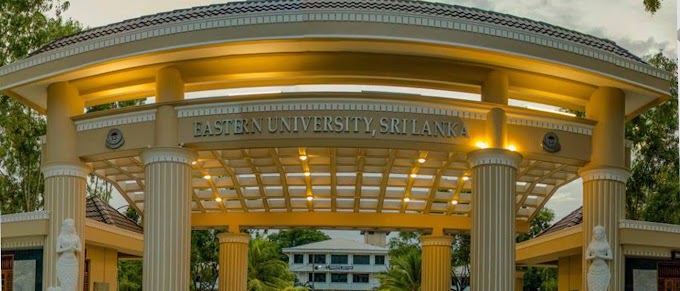What is a Job Interview?
A job interview is a formal meeting between a candidate and an employer, designed to assess the candidate’s suitability for a specific job role. During the interview, the employer evaluates the candidate’s skills, experience, and overall fit within the company culture, while the candidate assesses if the role aligns with their career goals and values. It is a crucial step in the hiring process, often making the difference between securing a job offer and continuing the job search.
Purpose of a Job Interview
The main purpose of a job interview is twofold:
- For Employers: Interviews allow employers to evaluate a candidate's skills, personality, and compatibility with the team.
- For Candidates: It’s an opportunity for candidates to showcase their qualifications and learn more about the job and company culture to determine if it’s a good fit.
Types of Job Interviews
Job interviews can take various formats, depending on the company’s preferences and the position’s requirements. Here are some common types:
Traditional Face-to-Face Interview
The candidate meets in person with a hiring manager or panel. This traditional approach allows employers to evaluate non-verbal cues and assess interpersonal skills directly.Phone Interview
Often used as an initial screening step, phone interviews are convenient and time-efficient, helping employers narrow down candidates before in-person or video interviews.Video Interview
Video interviews are becoming more common, especially with remote roles and geographically distant candidates. They require technical readiness and comfort with video communication platforms like Zoom or Teams.Panel Interview
Multiple interviewers, usually from different departments, meet with the candidate to assess their suitability from various perspectives, such as technical skills, cultural fit, and personality.Group Interview
In group interviews, several candidates are interviewed together. This format is often used for roles that require teamwork, as it lets interviewers observe interpersonal and problem-solving skills in real-time.Behavioral Interview
Focusing on past experiences, interviewers ask candidates to describe specific situations they’ve handled, using the STAR (Situation, Task, Action, Result) method to predict future performance.
Common Job Interview Questions
Employers use a range of questions to assess a candidate's experience, skills, and fit. Common questions include:
- "Tell me about yourself."
- "What are your strengths and weaknesses?"
- "Why do you want to work with us?"
- "Describe a challenging situation and how you handled it."
- "Where do you see yourself in five years?"
Preparing for a Job Interview
Research the Company
Understanding the company’s mission, values, and recent achievements can help candidates answer questions effectively and show genuine interest.Review the Job Description
Familiarity with the job requirements allows candidates to tailor their responses to highlight relevant skills and experiences.Practice Common Interview Questions
Practicing responses to common questions can help candidates communicate clearly and confidently.Plan Your Attire
Dressing professionally and appropriately is essential, as it demonstrates respect and readiness for the position.Prepare Questions for the Interviewer
Candidates should prepare insightful questions to show their interest and assess if the company aligns with their goals.
The Importance of Follow-Up
Following up with a thank-you note or email after the interview demonstrates professionalism and gratitude. It also keeps the candidate fresh in the interviewer's mind, providing a final opportunity to reaffirm interest in the role.
A job interview is a two-way conversation where candidates and employers evaluate one another. Success in an interview requires preparation, clear communication, and a genuine interest in the company and role. Being prepared can make a significant difference in leaving a positive impression and moving forward in the hiring process.



.png)

